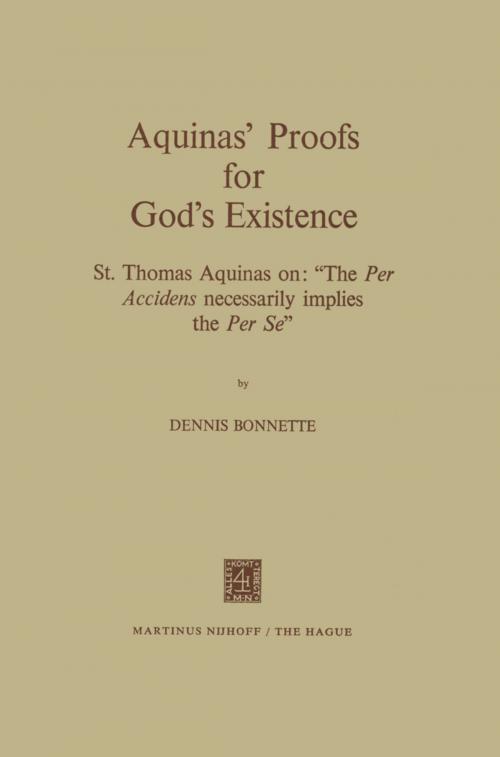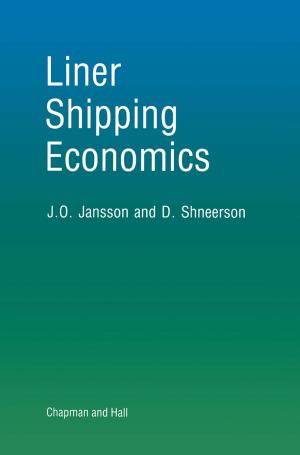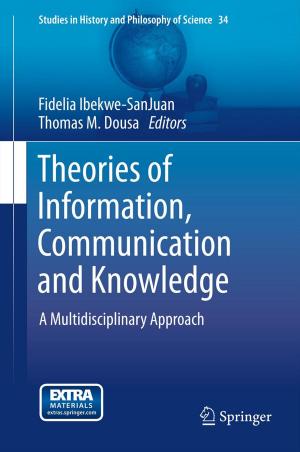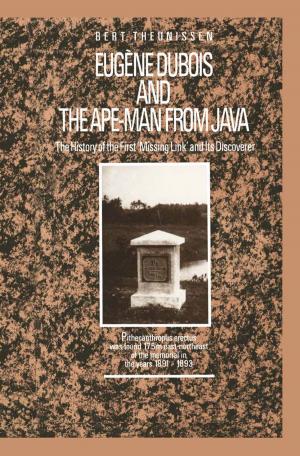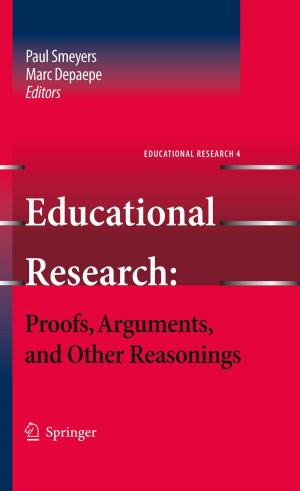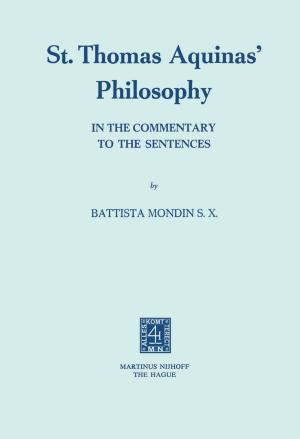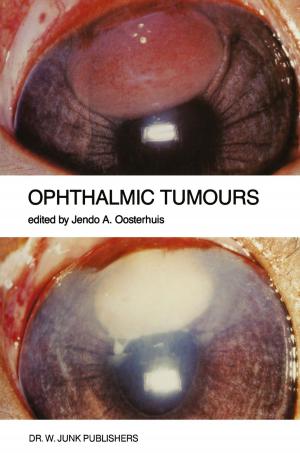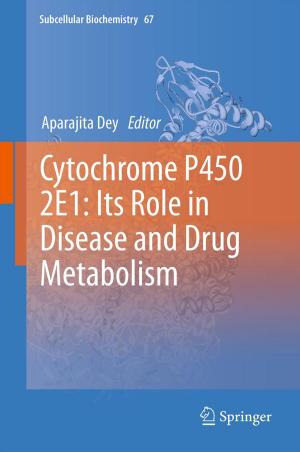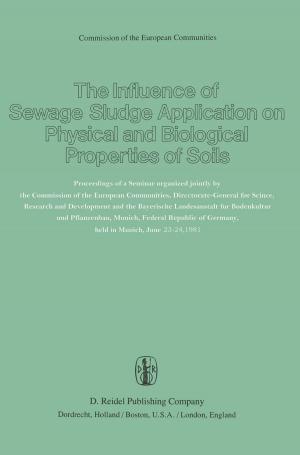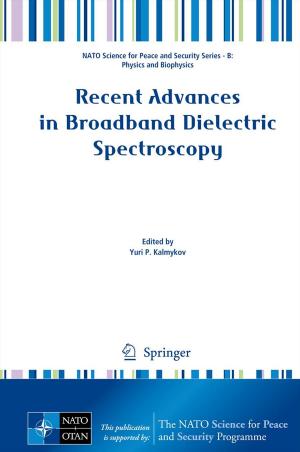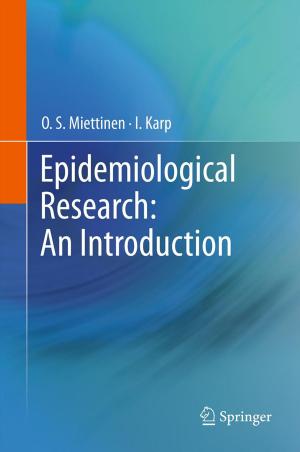Aquinas’ Proofs for God’s Existence
St. Thomas Aquinas on: “The Per Accidens Necessarily Implies the Per Se”
Nonfiction, Religion & Spirituality, Philosophy, Medieval, Epistemology| Author: | D. Bonnette | ISBN: | 9789401023801 |
| Publisher: | Springer Netherlands | Publication: | December 6, 2012 |
| Imprint: | Springer | Language: | English |
| Author: | D. Bonnette |
| ISBN: | 9789401023801 |
| Publisher: | Springer Netherlands |
| Publication: | December 6, 2012 |
| Imprint: | Springer |
| Language: | English |
The purpose of this study is to investigate the legitimacy of the principle, "The per accidens necessarily implies the per se," as it is found in the writings of St. Thomas Aquinas. Special emphasis will be placed upon the function of this principle in the proofs for God's existence. The relevance of the principle in this latter context can be seen at once when it is observed that it is the key to the solution of the well known "prob lem of infinite regress. " The investigation of the principle in question will be divided into two Parts. A preliminary examination of the function of the principle will be made in Part I: Domains Other Than That of Creature-God. The domains to be considered in this Part are those of accident-substance, change, and knowledge. Employing what is learned of the function of the principle in these areas of application, Part II: The Domain of Creature-God will analyze the role of the principle in the proofs for God's existence. This latter Part will constitute the greater portion of the book, since the domain of creatures in their relation to God is the most significant application of the principle in the writings of St. Thomas. In the course of this investigation, relevant analyses by St. Thomas' commentators - both classical and contemporary - will be considered. Finally, in light of the insights offered by St.
The purpose of this study is to investigate the legitimacy of the principle, "The per accidens necessarily implies the per se," as it is found in the writings of St. Thomas Aquinas. Special emphasis will be placed upon the function of this principle in the proofs for God's existence. The relevance of the principle in this latter context can be seen at once when it is observed that it is the key to the solution of the well known "prob lem of infinite regress. " The investigation of the principle in question will be divided into two Parts. A preliminary examination of the function of the principle will be made in Part I: Domains Other Than That of Creature-God. The domains to be considered in this Part are those of accident-substance, change, and knowledge. Employing what is learned of the function of the principle in these areas of application, Part II: The Domain of Creature-God will analyze the role of the principle in the proofs for God's existence. This latter Part will constitute the greater portion of the book, since the domain of creatures in their relation to God is the most significant application of the principle in the writings of St. Thomas. In the course of this investigation, relevant analyses by St. Thomas' commentators - both classical and contemporary - will be considered. Finally, in light of the insights offered by St.
